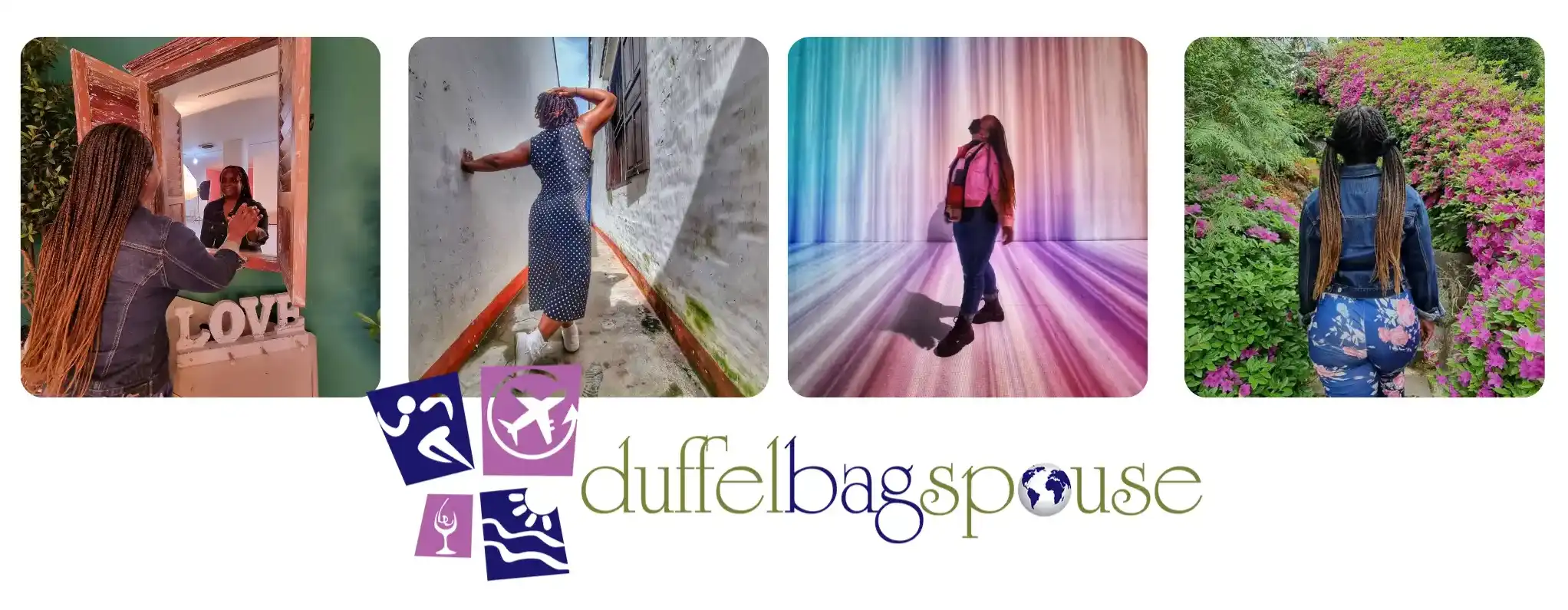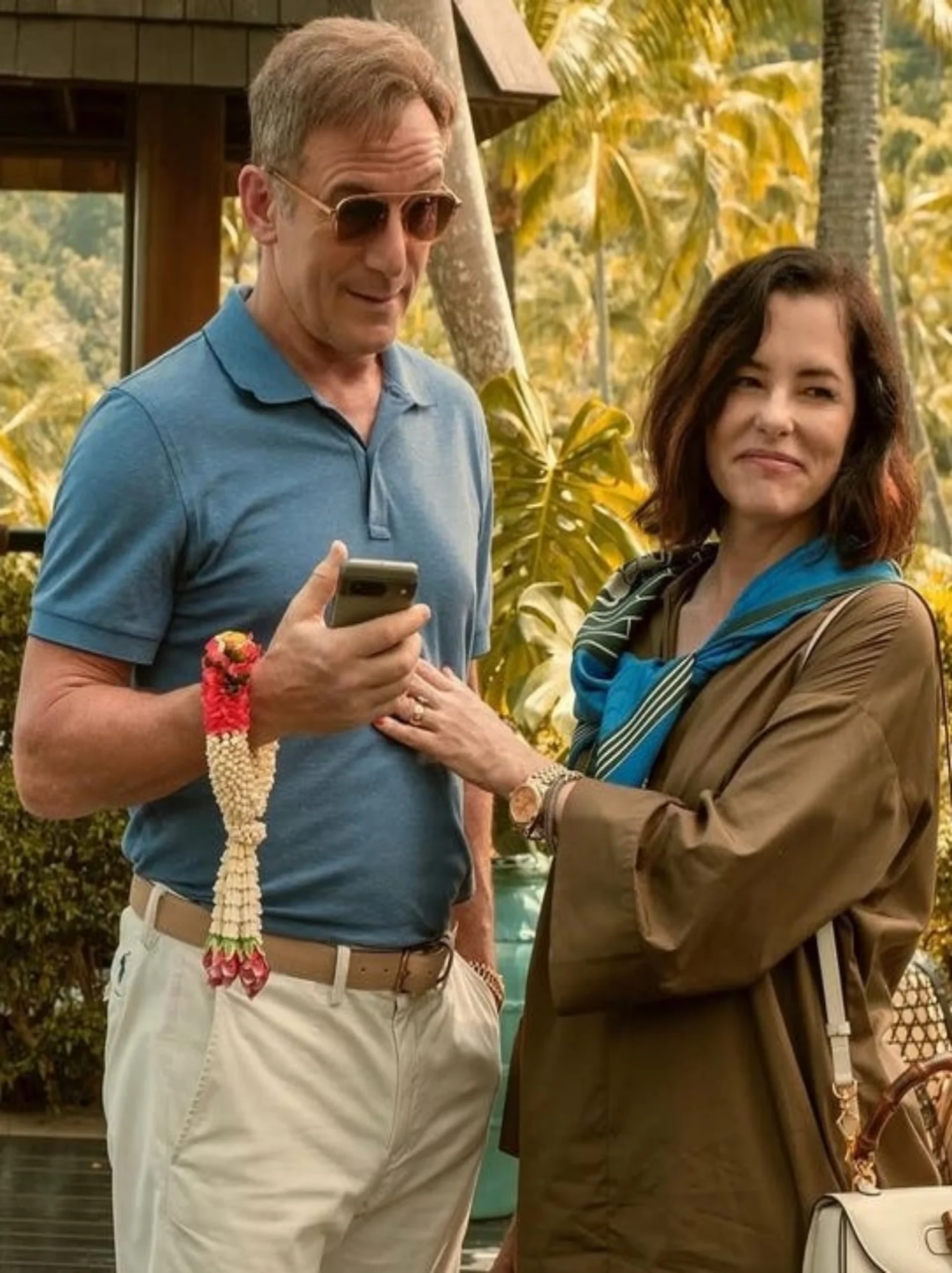The Emmy Award–winning series The White Lotus has never shied away from satirizing wealth, privilege, and the blindness that often accompanies both. Each season drops viewers into a new luxury setting, peeling back the layers of its well-dressed guests to reveal deeper discomforts and unspoken biases. In Season 3, White Lotus is set in Thailand. One character stood out to me more than the rest—not because of how loud she was but because of how familiar she was. Victoria Ratliff, played by Parker Posey, doesn’t scream or scheme. Instead, she says the quiet parts out loud—casually, confidently, and with the kind of condescension that so many of us have encountered or maybe even inherited. This post is about her. And what her character reveals about how we talk about culture, faith, and difference.
Table of Contents
- Who is Victoria Ratliff?
- When Buddhism Becomes a Punchline
- “Still a Cult”: The Lazy Catch-All
- Thailand, Taiwan—What’s the Difference?
- Privilege Disguised as Protection
- Final Thoughts

Who is Victoria Ratliff?
Victoria Ratliff is the entitled wife of a wealthy American businessman and one of the most cutting voices in The White Lotus Season 3. Everytime I heard her raspy voice, I braced for something incredibly insensitive. She never failed to comply. She moves through the world with an unearned confidence, biting sarcasm, and a clear sense of superiority that knows no limit. Her remarks about Thailand and its spiritual traditions aren’t just uninformed—they reflect a deeper resistance to anything that challenges her narrow worldview.



When Buddhism Becomes a Punchline
Victoria Ratliff doesn’t just misunderstand Buddhism—she dismisses it entirely. When her daughter, Piper, expresses interest in spending time at a monastery in Thailand, Victoria responds, “But you’re not Buddhist. You’re not even from China.” In that one line, she collapses all of Asia into a single, indistinct idea, dismissing Thailand’s culture and religion with casual ignorance.
Later in the same episode, Piper explains that the head monk has written books. Victoria doesn’t flinch. She mocks the idea, comparing the monk to Charles Manson and Bill Clinton. “Lots of people write books,” she says. “It doesn’t mean they’re not crazy.” Then, with a condescending half-smile, she adds, “You can be interested in this stuff, but you can never really be it.”
That line lands heavy. It’s not just a mother trying to guide her daughter. Victoria is a woman who doesn’t believe other cultures are meant to be explored—only observed from a distance like a circus exhibit. It’s entitlement dressed as advice.

“Still a Cult”: The Lazy Catch-All
When Piper doesn’t back down, Victoria pushes harder. “Still a cult,” she insists. “Look at the Catholics, look at them.” She says it with sarcasm, but it’s not really a joke. It’s a defense mechanism. She doesn’t want to engage with what her daughter finds meaningful. She wants to shut it down.
This kind of blanket statement shows up a lot in today’s conversations. Everything unfamiliar is suspicious. Everything different becomes a threat. And if you say it with enough sarcasm, you don’t have to explain yourself.


Thailand, Taiwan—What’s the Difference?
When Piper says she wants to visit Thailand, Victoria blurts out, “You want to live in Taiwan?!” The confusion is more than a punchline. It reflects how little she knows—or cares to know—about the world outside her orbit. Having been to both, as I mentioned above, I know there is a noticeable difference in the cultures.
That moment hits harder when you’ve lived abroad or spent time in misunderstood countries. It’s not just about getting a name wrong. It’s about failing to recognize people, places, and cultures as fully formed and worthy of respect.

Privilege Disguised as Protection
Victoria’s words are wrapped in maternal concern but drip with control. She frames her disapproval as worry. She wants Piper to believe she’s keeping her safe. But really, she just doesn’t want her to change. She wants her to make the same decisions she has.
When Piper tearfully admits that she can’t stay at the monastery—that she’s too used to her own comforts—Victoria plays the part of the supportive mother. She pats her back, tells her it’s okay, says she’s proud of her for trying. But the moment her daughter turns away, Victoria’s face lights up. She’s relieved. She won.
And that’s the most unsettling part. Her daughter’s discomfort is a triumph. It proves that Piper still belongs to her world—the one where culture is entertainment, not something to step into with humility.
What’s even darker is what Victoria doesn’t know. While she’s busy mocking monks and policing her daughter’s growth, her husband is spiraling. He’s under investigation. As the story unfolds, we find out he’s seriously considering murdering the entire family before they return to the U.S.
That’s the life she actually lives—one built on lies, secrecy, and the fragility of unchecked power. And yet she sees danger in the quiet of a temple, not the chaos in her own home.

Final Thoughts
The White Lotus doesn’t make Victoria a monster. That would be too easy. Instead, it makes her familiar. Her words echo things we’ve all heard—at dinner tables, in airport lounges, and on social media. She’s the voice of casual prejudice. The kind that doesn’t shout but dismisses. The kind that claims to care, but actually fears change.
In a time when entitlement is loud, when people feel threatened by even the idea of cultural exchange, Victoria Ratliff is a character worth sitting with. Not because she’s unique. But because she isn’t.
She’s just a huge mirror.
Like it. Pin it.

Discover more from Duffel Bag Spouse Travels
Subscribe to get the latest posts sent to your email.


Comments (5)